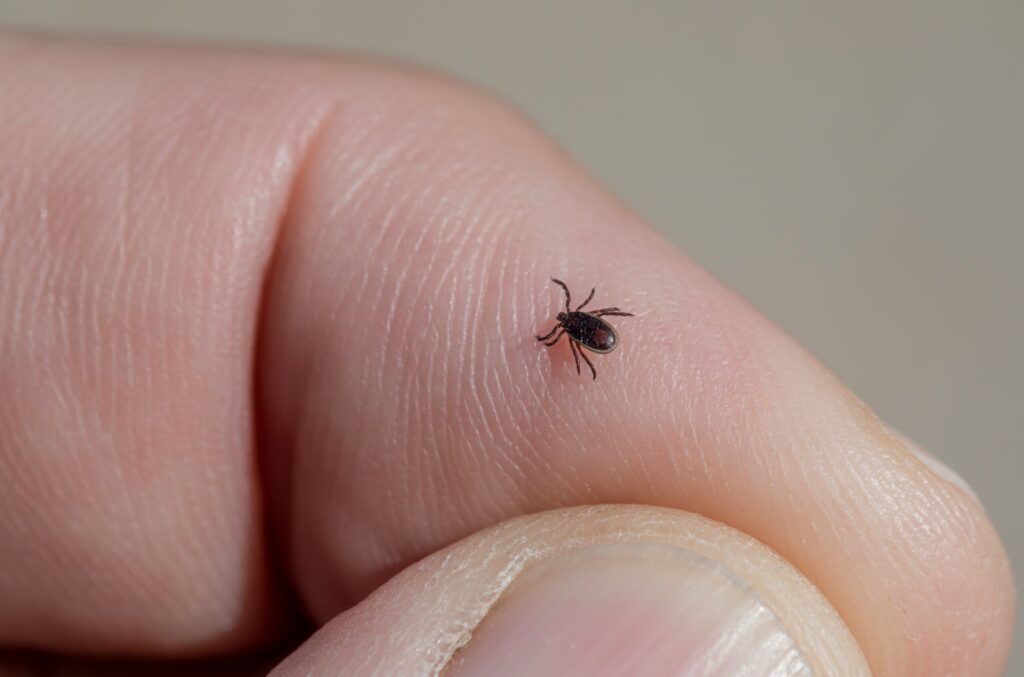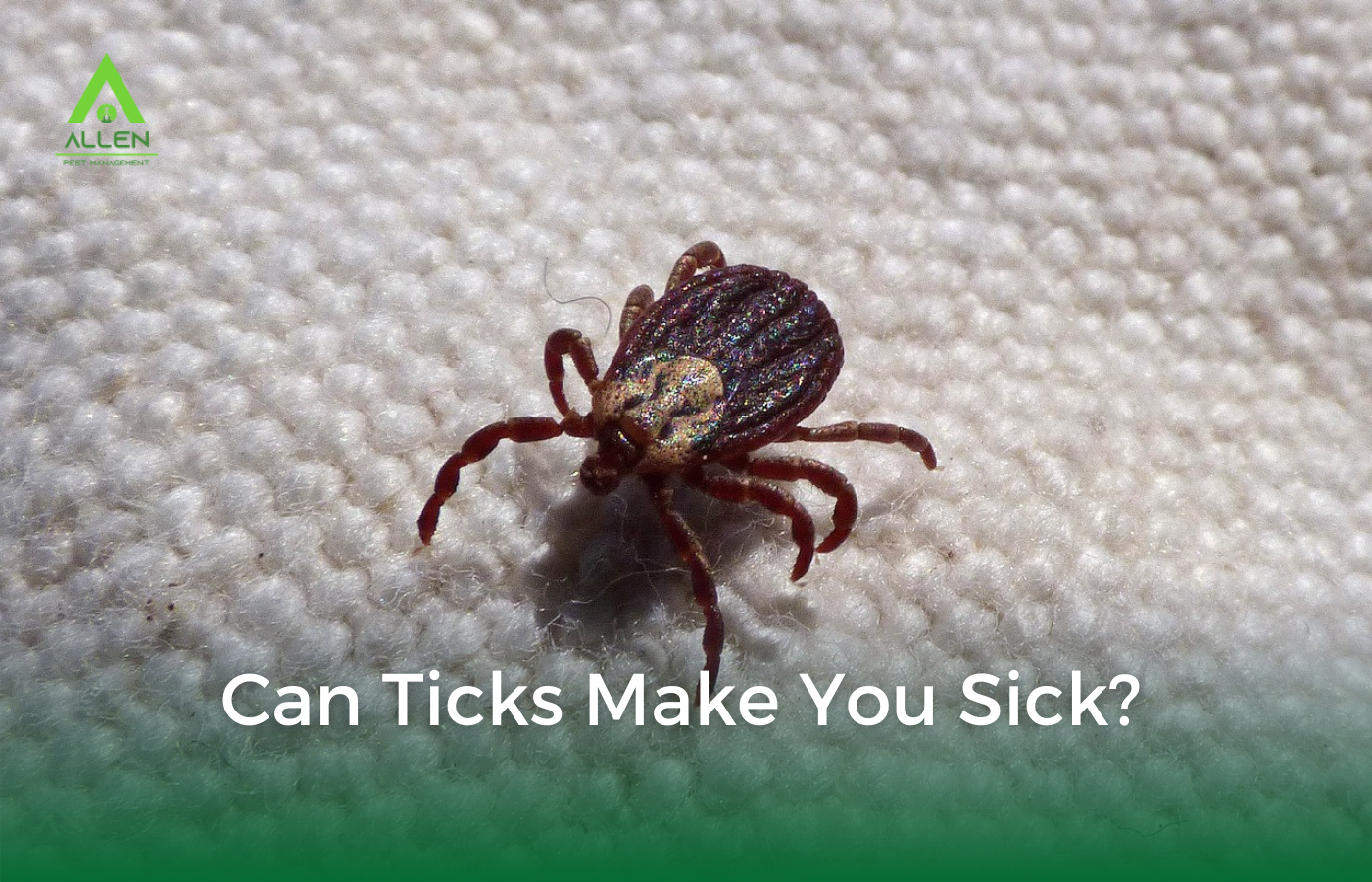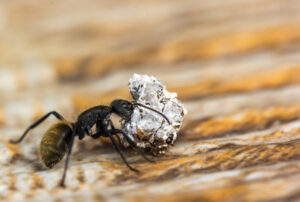Ticks are small pests that can cause big problems. These tiny creatures live in grassy and wooded areas and often attach to animals and humans. While ticks themselves are not harmful, they can carry diseases that affect our health. Knowing how ticks can make you sick is important for everyone who enjoys the outdoors.

How Ticks Bite
Ticks wait on blades of grass or shrubs and latch onto a host when it passes by. They crawl to a warm spot, where they bite and feed on blood. It is during this feeding process that ticks can transmit diseases to their hosts.
Common Tick-Borne Diseases
Lyme Disease
Lyme disease is one of the most common illnesses spread by ticks. The bacteria Borrelia burgdorferi causes it. Early symptoms include fever, headache, fatigue, and a characteristic skin rash called erythema migrans. If untreated, infection can spread to joints, the heart, and the nervous system.
Rocky Mountain Spotted Fever
Rocky Mountain spotted fever is another serious illness caused by tick bites. It is spread by the bacterium Rickettsia rickettsii. Symptoms include fever, rash, headache, and muscle pain. Without prompt treatment, this disease can be fatal.
Ehrlichiosis
Ehrlichiosis is a bacterial infection transmitted by ticks. Symptoms often include fever, chills, headache, muscle aches, and in severe cases, it can lead to damage to the liver or other organs.
Anaplasmosis
Anaplasmosis is similar to Ehrlichiosis and is caused by bacteria Anaplasma phagocytophilum. It leads to symptoms like fever, headache, chills, and muscle aches. Severe cases can result in difficulty breathing, bleeding problems, and organ failure.
Preventing Tick Bites
Tick Control Methods
There are several ways to protect yourself from tick bites. Use insect repellents that contain DEET or permethrin. Wear long sleeves, pants, and tuck your pants into your socks when hiking in tick-prone areas. After spending time outdoors, check your body, clothing, and gear for ticks. Shower soon after coming indoors to help remove any unattached ticks.
Yard Maintenance
Keeping your yard tick-free is important for tick control. Mow the lawn regularly, remove leaf litter, and create a barrier between your lawn and wooded areas using gravel or wood chips. Treat your yard with tick-killing products if needed.
Protecting Pets
Pets can also bring ticks into your home. Use tick prevention products recommended by your veterinarian. Check pets for ticks regularly, especially after they’ve been outside.
What to Do if Bitten by a Tick
Removing a Tick
If you find a tick attached to your skin, remove it as soon as possible. Use tweezers to grasp the tick as close to the skin’s surface as possible. Pull upward with steady, even pressure. Clean the bite area and your hands thoroughly with rubbing alcohol, an iodine scrub, or soap and water.
Monitoring for Symptoms
After removing the tick, monitor your health closely. Watch for signs of illness such as fever, rash, or flu-like symptoms. If you experience any of these symptoms, contact your healthcare provider immediately.
Stay Tick-Free: Expert Tips for Preventing Tick-Borne Illnesses
Ticks can indeed make you sick, but knowing how to protect yourself and control ticks can minimize the risk. By using proper tick control methods and being vigilant after spending time outdoors, you can reduce your chances of getting a tick-borne illness. Always check for ticks after outdoor activities and seek medical attention if you suspect a tick bite has made you ill.
For maximum protection against tick-borne illnesses, turn to the experts at Allen Pest Management. Our team is dedicated to providing effective tick control solutions tailored to your specific needs. Contact us to discover how we can protect you, your family, and pets from these dangerous pests. Start your journey to a tick-free environment with Allen Pest Management today!







